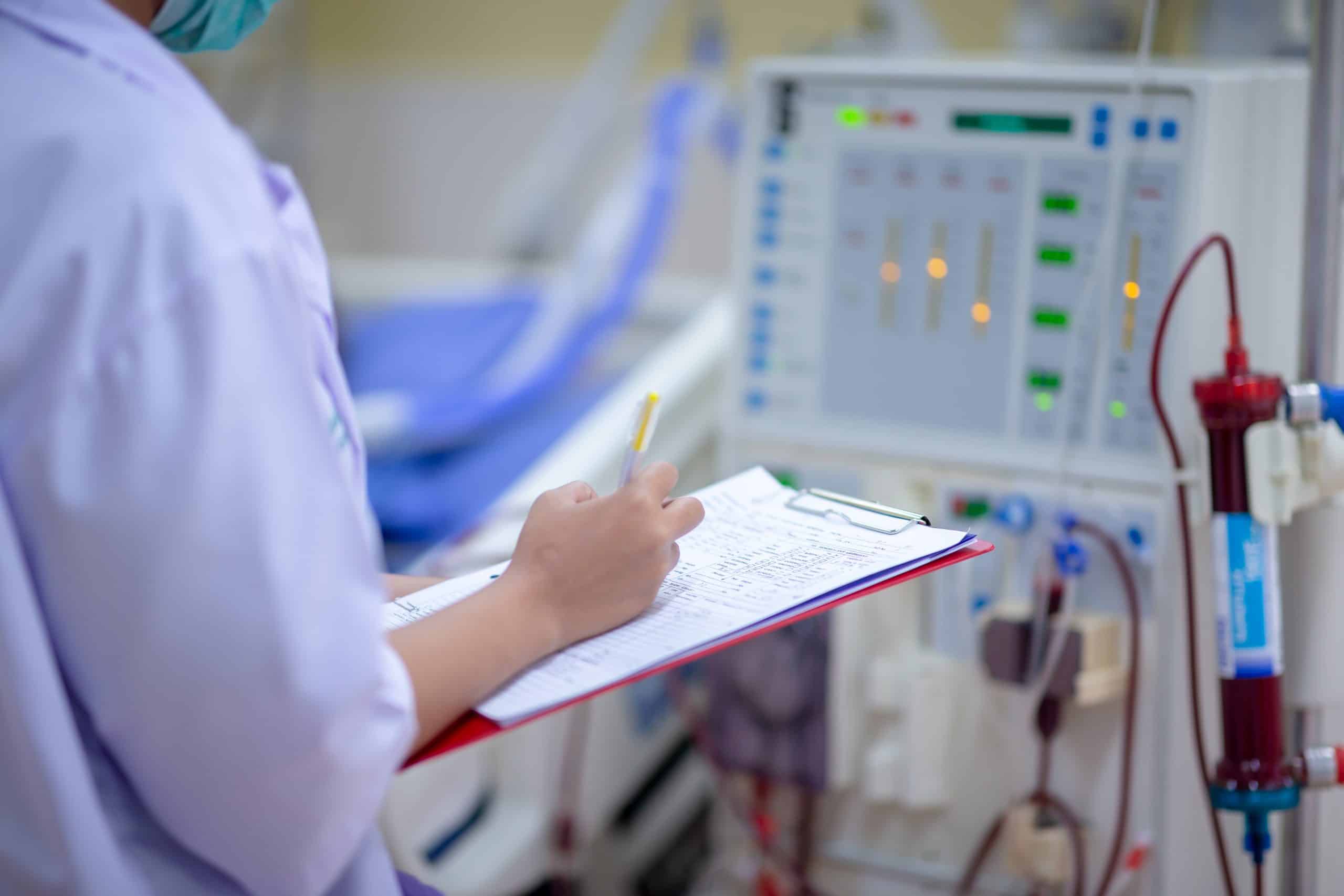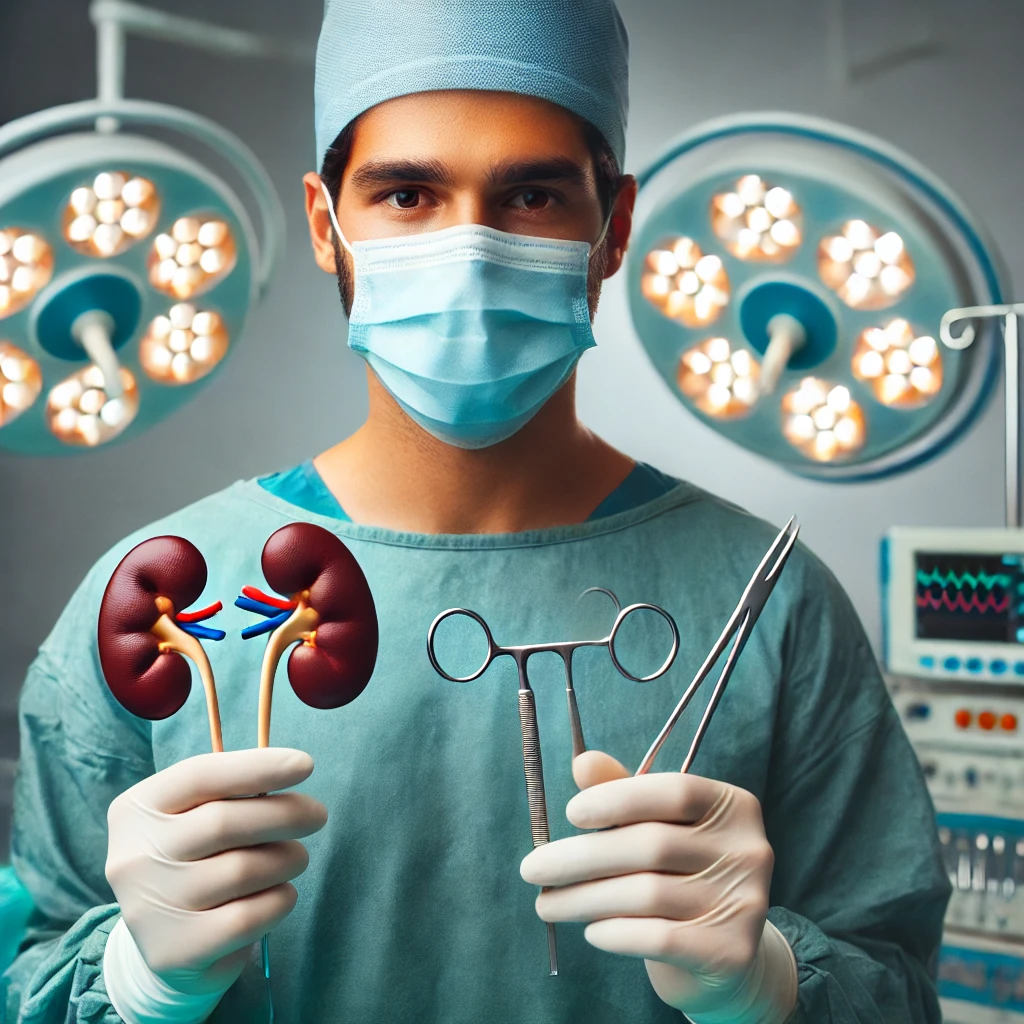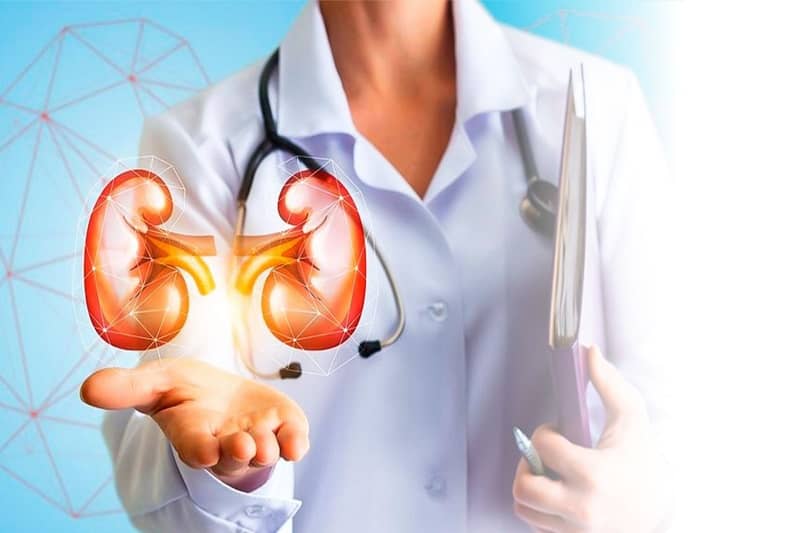- +92-333-6676643
- info@healthgateways.org

HealthGateways is a leading kidney transplant services provider, with renowned facilities dedicated to this critical medical procedure.
Our team of expert surgeons, nephrologists, and dedicated support staff work together to provide the highest quality care to both donors and recipients through all stages of the transplant process. We are committed to providing comprehensive kidney transplant service and attentive medical attention, from pre transplant workup, travel preparations to post-surgery recovery.
Our Kidney Transplant Service has achieved a remarkable success rate that aligns with global standards, with an impressive 99% IGF (Immediate Graft Function). This exceptional outcome empowers our patients to reclaim their lives, experiencing newfound health and vitality.
A kidney transplant is the only definitive solution for addressing Chronic Kidney Disease (CKD), offering a permanent resolution to a condition characterized by gradual and inefficient kidney function. This ailment can cause significant pain and pose a serious threat to an individual’s overall well-being.
Traditionally, CKD patients have resorted to dialysis, a procedure that, while sustaining life, presents challenges such as discomfort, exorbitant costs, and its temporary nature. It is important to emphasize that CKD can progress to a critical stage known as End Stage Renal Disease (ESRD), where kidney function ceases entirely, often leading to dire consequences.
At HealthGateways we recognize the urgency and gravity of this situation, and our kidney transplant services play a pivotal role in averting such unfavorable outcomes.
With our dedication to medical excellence and our exceptional success rates, HealthGateways’s Kidney Transplant service offers hope, healing, and a renewed lease on life to individuals struggling with kidney-related ailments



Transplant
Immediate Graft Function
3 Year Graft Survival
3 Year Patient Survival
Senior Patient
Peads Patient

A kidney transplant evaluation is a thorough assessment process to determine if a patient is eligible for a kidney transplant. Key components include.

Our Kidney Transplant Program is led by transplant experts offering innovative and compassionate care.

It involves close monitoring, medication management, and lifestyle adjustments to prevent complications, such as organ rejection, infections, and other health issues.
There are three advantages to living donations versus getting a deceased donor kidney:
Getting a kidney from a spouse or relative is often quicker. A kidney from a living donor is completely healthy. They are known to work better and longer than deceased donor kidneys.
Many different medical and logistical characteristics are considered for an organ to be distributed to the best-matched potential recipient. While the specific criteria differ for various organs, matching criteria generally include:
Blood type and size of the organ(s) needed. Time spent awaiting a transplant. The relative distance between donor and recipient. For certain organs other factors are vital, including:
• The medical urgency of the recipient.
• The degree of immune-system match between donor and recipient.
• Whether the recipient is a child or an adult.
Diabetes is now the most common cause of kidney failure in America. About one third of patients with kidney failure have it because of diabetes. There are three main things that can be done to reduce the likelihood of kidney failure in diabetics:
Have tight control over blood sugar. Reduce blood pressure, by weight loss or other means. Take blood pressure medicines that are designed to protect against the progression of kidney disease.






